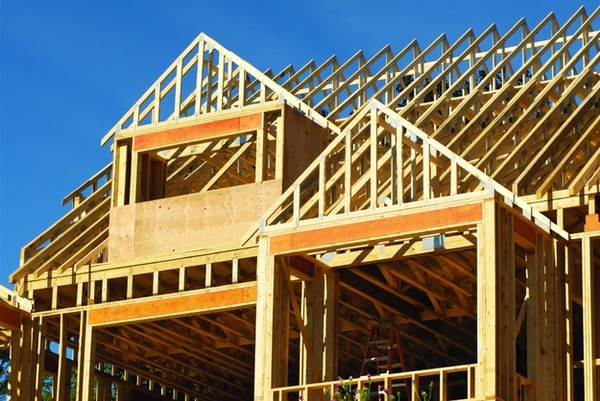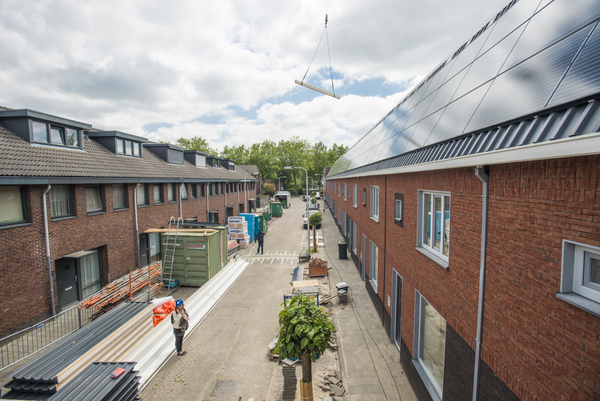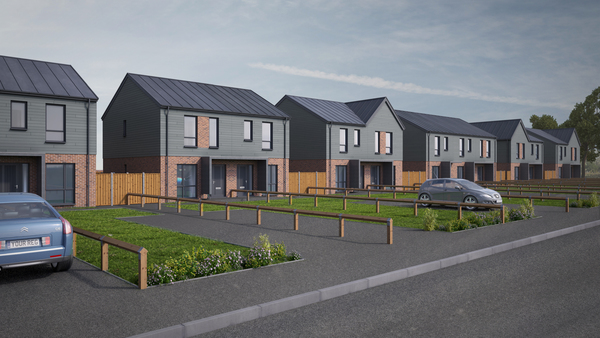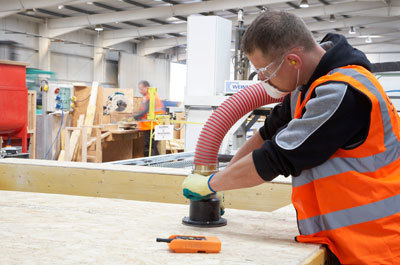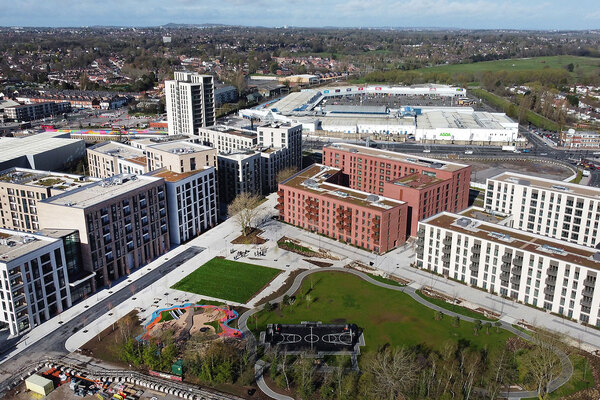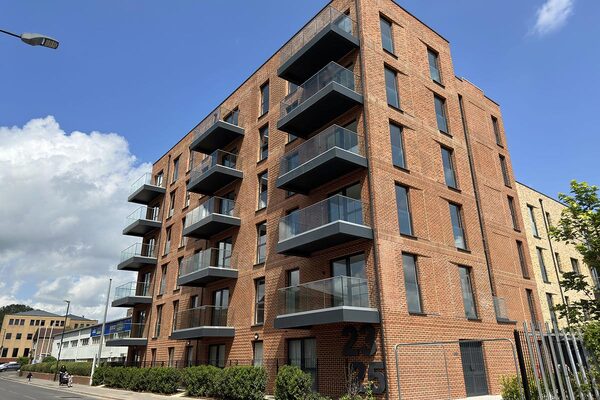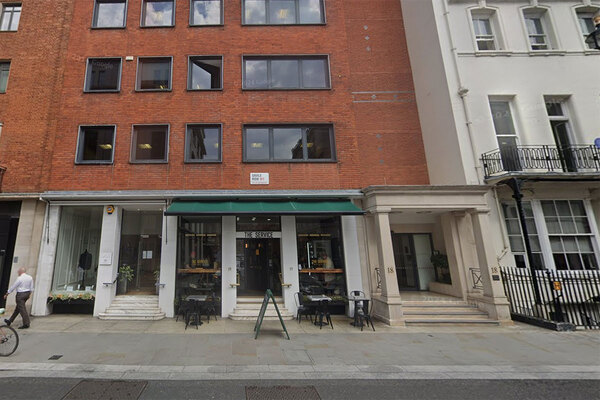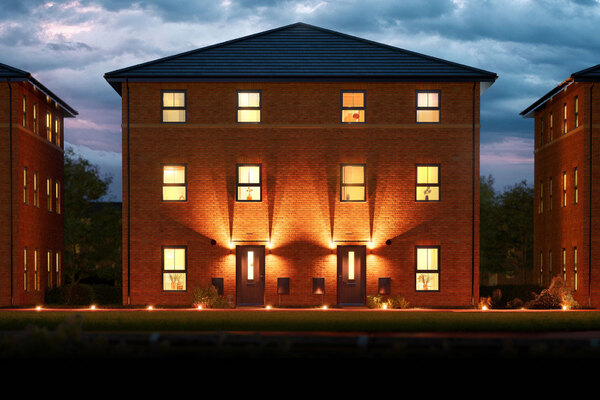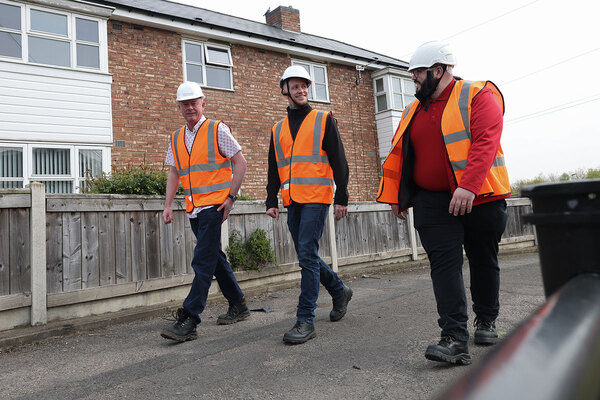You are viewing 1 of your 1 free articles
Offsite developer plots English expansion
A Scottish developer of super-energy efficient offsite homes for housing associations is taking its first steps into England.
Tigh Grian, the commercial developer of some of the most energy efficient social rented properties in Britain, is about to reserve sites in Sussex and Northumberland in order to build a total of 114 homes.
The homes are the first social rented homes in England to be built to the Gold Scottish Building Standard, which is higher than energy efficient standards in England.
Tenants will expect to pay around £200 a year on their heating and water bills due to the energy efficiency of the homes.
According to consumer group USwitch, the average household energy bill was £1,352 a year in 2013.
In Scotland, Tigh Grian is already building 48 offsite houses and flats to the standard for Link and Paragon housing associations in Clackmannanshire, after buying the land from the council for £1.
In England, a private landowner in Sussex and Northumberland will put in land as part of a deal under which it shares the profit with developer Tign Grian, when the land is sold.
Around 100 homes will be built in Sussex, and 14 in Northumberland. The firm is currently looking for housing associations to eventually buy the properties.
Tigh Grian has secured an undisclosed amount of funding from Dutch bank Triodos and technology company ÜserHuus to fund the development of the homes.
Gordon Campbell, director of Tigh Grian, said the homes’ energy efficiency meant they were “very close to zero carbon” and required “no heating whatsoever”.
The properties are believed to be more energy efficient than other homes in England because Scottish energy efficiency standards are higher, due to the colder weather.
Research by Inside Housing in March found that social landlords are increasing the proportion of homes they are building using offsite techniques in a bid to use new approaches to solve the housing supply crisis.
The exclusive survey revealed 17 of the largest housing associations across Britain plan to increase the percentage of homes they are constructing using factory methods.
Over the next three years, the 17 associations plan to start 22,544 homes, of which 56.8% (12,818) are due to be built “using offsite techniques”. This compares to 2011/15 when the same landlords used modern construction methods on just 46.3% of the 20,740 homes started.

